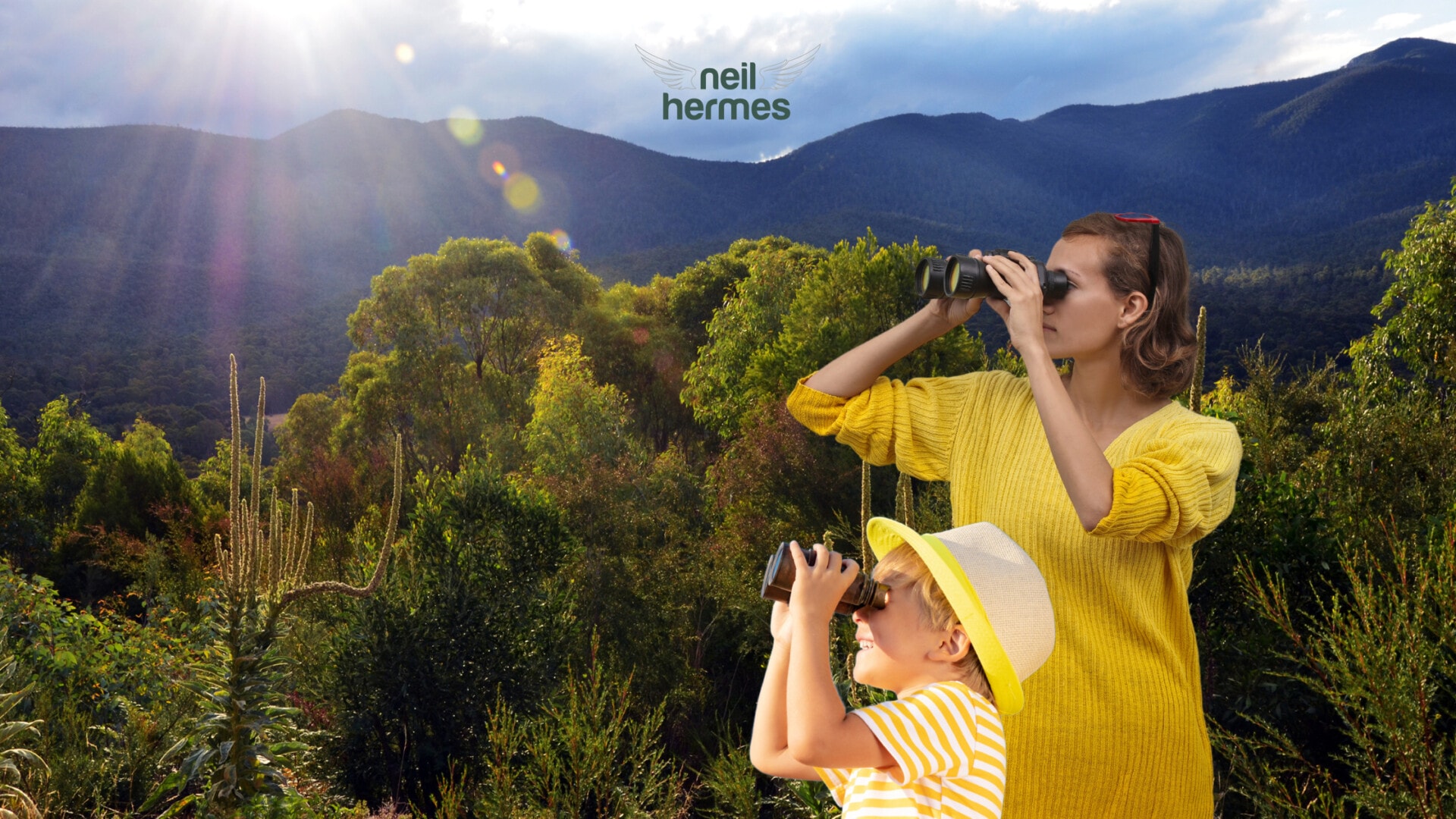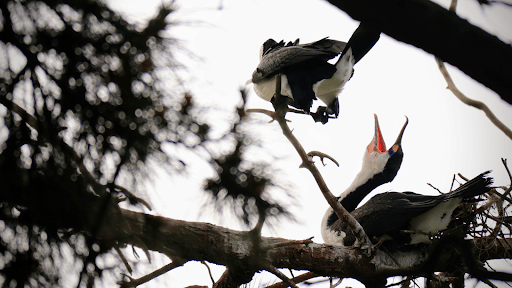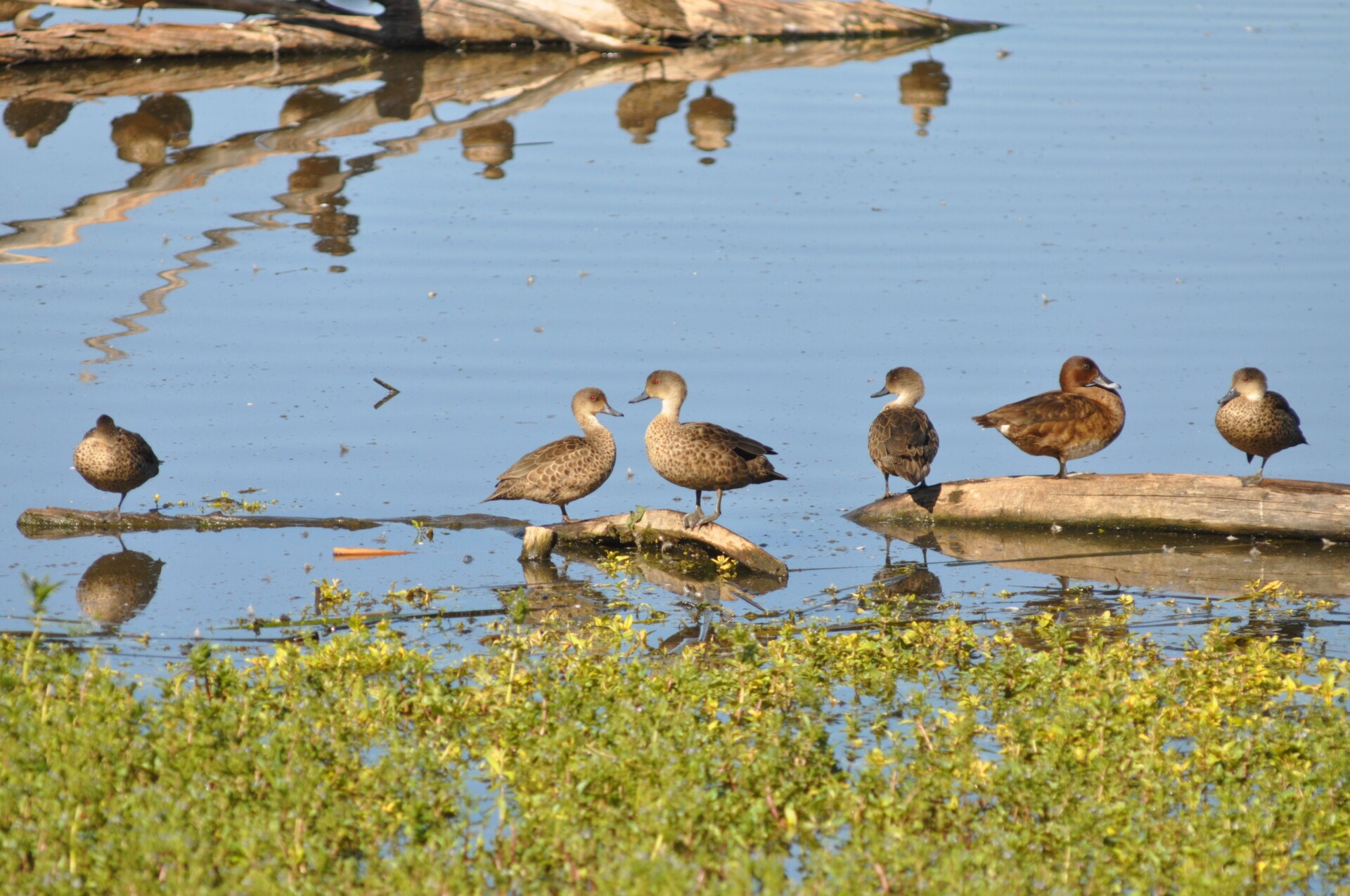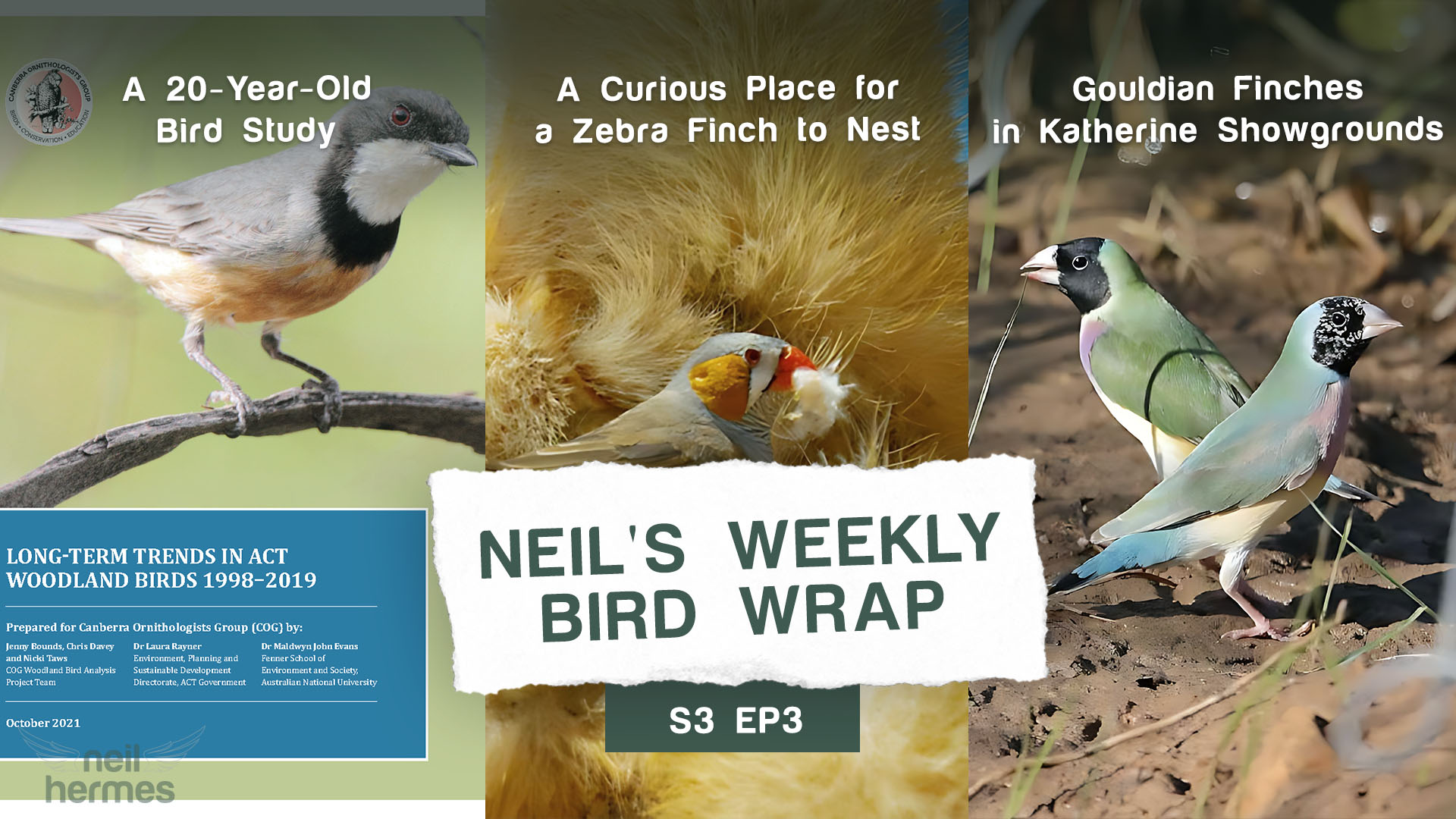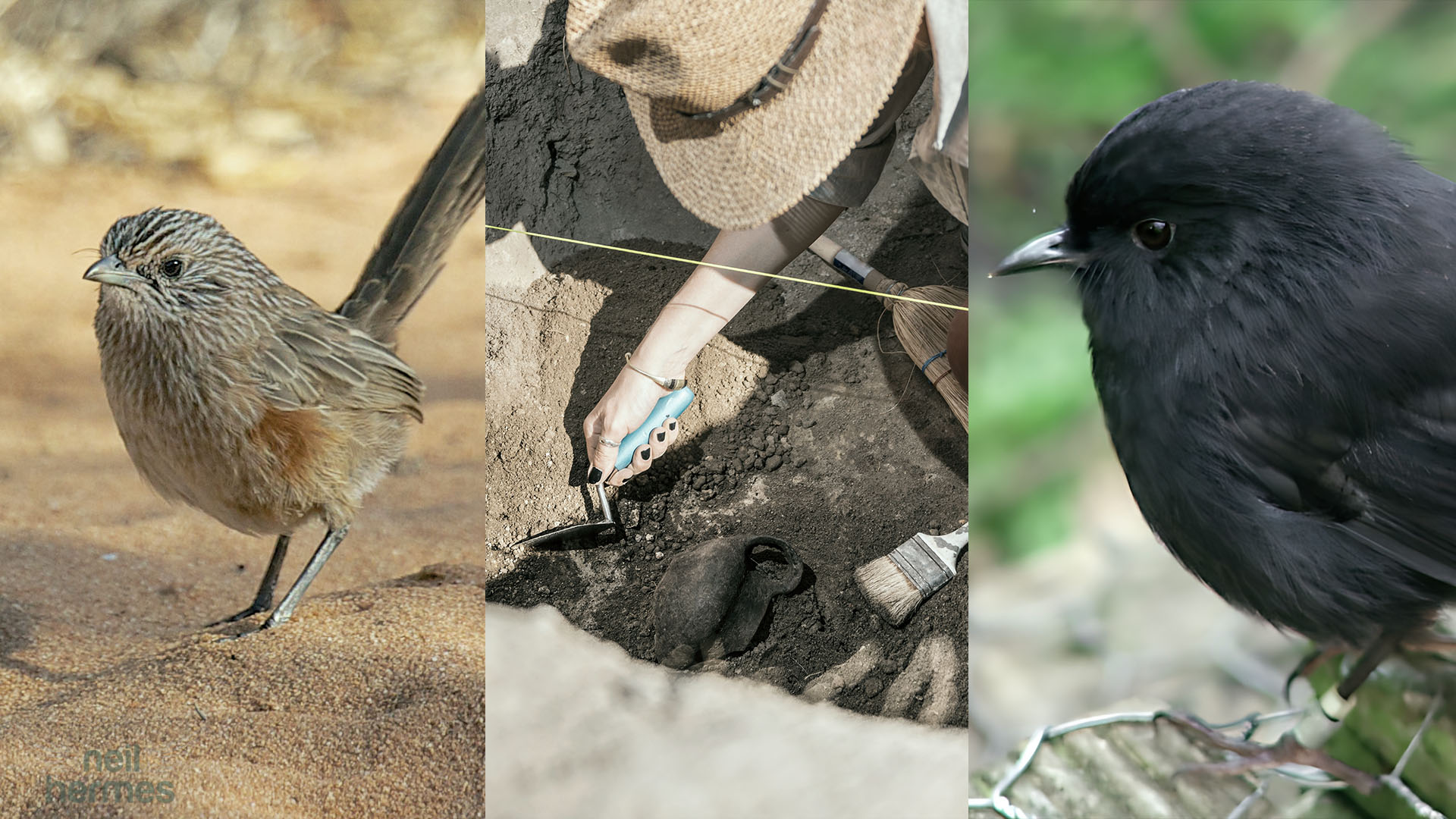Welcome to another episode of The Weekly Bird Wrap by Neil Hermes where I recap some of the most amazing stories and facts about birds across the nation and from all over the world! 🌍
If you missed the last episode, go ahead and click this page.
And for this week, I’m covering three stories for you.
The Science Behind Starling Murmurations
Winter brings with it one of nature’s true spectacles: starling murmurations.
But what are they, and why do these hypnotic gatherings form?
Murmurations are huge groups of starlings that twist, turn, swoop and swirl across the sky in beautiful shape-shifting clouds.
Just before dusk, small groups of starlings from the same area come together above a communal roosting site. The group grows ever larger, moving in unison in an aerial dance that casts gorgeous shapes against the waning daylight.
Why do birds sing in the morning?
There are a lot of reasons why birds sing;
- Male birds sing to claim their territory
- Birds may sing to attract other birds in the area because of food abundance.
- Birds might have an alarm call to keep other birds away from their territory.
- Or an alarm call to signify that there are predators in the area.
But why do so many birds sing in the morning? Early mornings are too dark to search for food and too dark to be spotted by predators. That makes it the perfect time to sing. As there is less background noise and the air is so still, sound carries around 20 times further than it would later in the day.
Yellow-faced Honeyeaters
Some yellow-faced honeyeaters are sedentary, but hundreds of thousands migrate northwards between March and May to spend the winter in southern Queensland and return in July and August to breed in southern New South Wales and Victoria.
New Tour: Albatross Watching from Jervis Bay Tour

Loved my bird tour content? Well, Nothing beats being there on the spot, watching the birds!
Meet nature’s most extraordinary seabirds up close – Welcome to the Albatross Watching from Jervis Bay Tour by Neil Hermes.
Saturday 13 August
Jervis Bay
$245 – Early bird special ends on 30 April! Book now before the price increase.
The waters off the south coast are a sea bird-watching paradise in the winter months, especially for many species of albatross. These magnificent birds come close to the coast at this time of the year after their summer breeding on Antarctic islands.
Come & join me for the best viewing opportunities for pelagic birds, whales, turtles, and dolphins.
Book now. Click here to find out more information.

